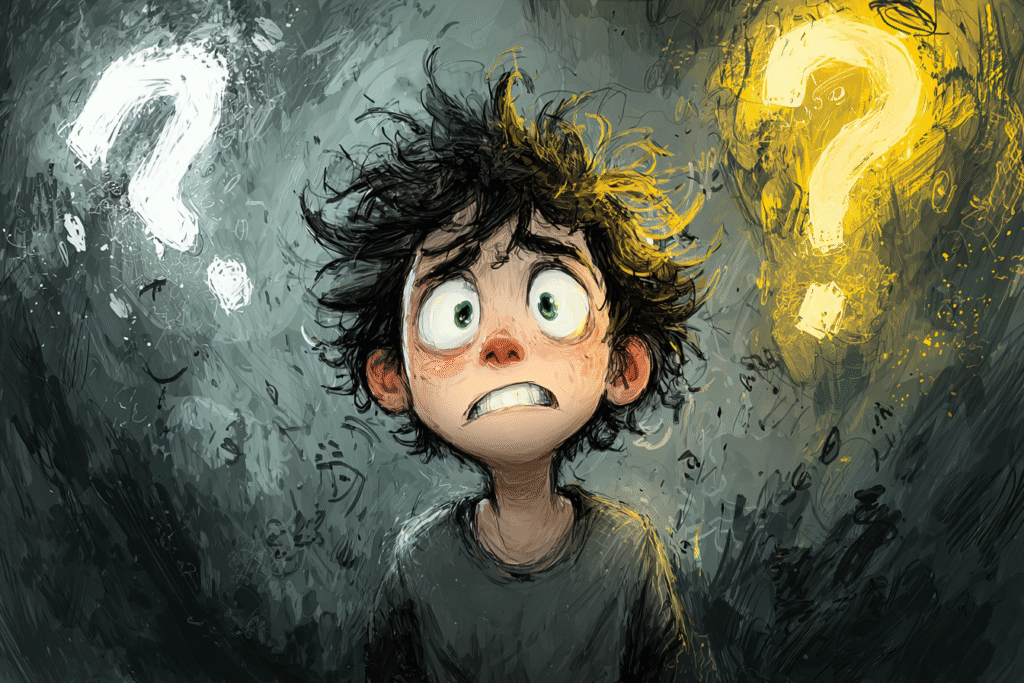
Writers are sadists. You may not admit it out loud at polite dinner parties, but deep down, you know it’s true. Because the moment you start protecting your protagonist—giving them an easy win, a clear path, or a neat little moral compass that always points north—you’ve killed your story deader than a doornail. Readers don’t come to fiction to watch Captain Perfect do everything right. They come to see characters sweat, flail, curse, and screw up. In other words: they come for conflict.
But here’s the thing: not all conflict is created equal. A bar fight, a nasty mother-in-law, or a thunderstorm can cause your protagonist a few problems, sure. But unless those obstacles force your character to make a decision that costs them something, they’re just noise. And readers are too good at sniffing out filler. The story doesn’t really catch fire until you back your protagonist into a corner and hand them two equally lousy options.
That’s where the “best bad choice” or the “lesser of two evils” comes in. It’s the storytelling equivalent of watching someone pick which finger they’d rather have cut off. Save the innocent hostages or stop the bad guy? Tell the truth and ruin the relationship, or lie and protect it? Every path forward has consequences, and none of them are wrapped in a pretty bow. Readers love this stuff because it’s messy. It feels real. Life rarely gives us a perfect option, and when your character faces the same no-win situation, the reader is right there in the trenches with them, asking, What the hell would I do?
These impossible choices do three vital things for your story:
- Raise the stakes. Suddenly it’s not about “winning” anymore. It’s about choosing what you’re willing to lose. That’s far more powerful than whether your protagonist manages to duck a bullet.
- Expose character. It’s easy for someone to claim they’re noble, brave, or loyal when they’re not under pressure. But shove them into a best-bad-choice corner, and you’ll see who they really are. What they choose tells the reader far more about them than pages of backstory ever could.
- Keep readers hooked. High tension is jet fuel for page-turning. When every decision feels like it could blow up in the character’s face, readers don’t dare set the book down. Dinner can burn. Sleep can wait. They have to know what happens.
And yes, your protagonist will come out battered, broken, and maybe a little morally gray. That’s the point. Perfect heroes are boring as hell. The ones who stagger forward, nursing wounds and second-guessing their choices? Those are the ones readers remember long after they’ve closed the book.
So stop being nice. Don’t hand your protagonist a clean victory or a safe exit. Put them on the rack and make them sweat. Give them choices that hurt, where “winning” still costs them something they care about. Because comfort belongs on couches. Story lives in pressure cookers.
–Mark